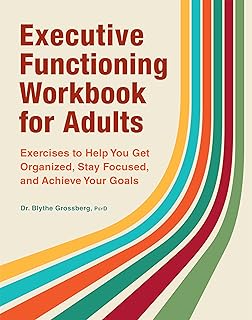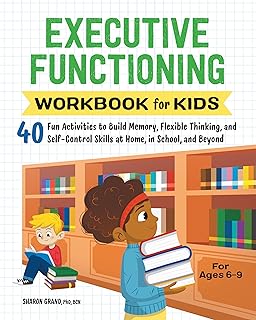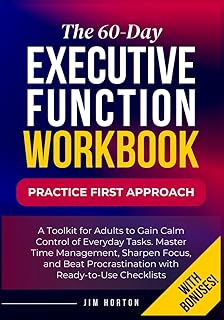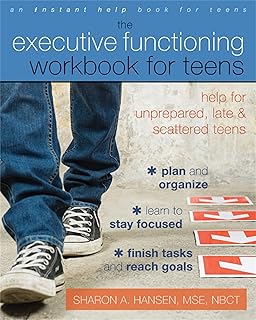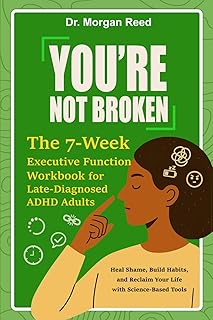Executive function and self-regulation skills are crucial for managing information, making decisions, and planning ahead. Acting as the brain’s air traffic control system, these skills are essential at every life stage. While not innate, everyone has the capacity to develop these skills and others that are equally vital.
Developmental environments play a significant role in supporting children to nurture these skills in the various settings where they interact. Whether at home, school, or during play, creating environments that facilitate the growth of executive function skills is paramount for lifelong well-being.
Exploring resources focused on Executive Function can provide valuable insights into these core skills and offer guidance on how to foster and sustain them across one’s lifespan. These resources delve into the importance of executive function skills and provide strategies for their enhancement and support.
One of the resources available is a working paper titled “Building the Brain’s ‘Air Traffic Control’ System: How Early Experiences Shape the Development of Executive Function,” which sheds light on the impact of early experiences on the development of these critical skills.
Additionally, an InBrief publication on Executive Function, available in multiple languages, offers a concise overview of these skills and their significance for life and learning. The accompanying video further explores Executive Function as fundamental abilities for success in various aspects of life.
For a broader perspective, the Intergenerational Mobility Project video emphasizes the importance of building adult capabilities to support family success, highlighting the interplay between adult skills and child outcomes.
Moreover, resources like “8 Things to Remember about Child Development” provide key insights into child development processes, offering valuable information for caregivers, parents, and educators to better understand and support children’s growth.
Handouts and tools such as “Building the Core Skills Youth Need for Life” and “Activities Guide: Enhancing and Practicing Executive Function Skills with Children from Infancy to Adolescence” offer practical strategies for practitioners to help children develop these essential skills from an early age.
Similarly, resources like “Building the Skills Adults Need for Life: A Guide for Practitioners” underscore the importance of adult capabilities in fostering lifelong well-being and success, emphasizing the role of continuous skill development across the lifespan.
Understanding motivation is also crucial in supporting skill development, as highlighted in the resource “How to Motivate Children: Science-Based Approaches for Parents, Caregivers, and Teachers,” which provides evidence-based strategies for motivating children effectively.
Exploring related resource guides, such as “A Guide to Adult Capabilities,” further underscores the significance of core capabilities for adults in enhancing overall life outcomes and well-being. These resources offer insights into building and sustaining essential skills for success in adulthood.
Overall, the wealth of resources available on Executive Function and related topics provides a comprehensive guide for individuals, educators, and practitioners to understand, nurture, and support the development of crucial skills that are instrumental for lifelong health, well-being, and success.
📰 Related Articles
- Mastering SEO Management: Key Strategies for Online Success
- World Business Forum Sydney 2024: Purpose-Driven Strategies for Success
- Upskilling ‘Rising Talent’ Key to Small Business Workforce Success
- Unlocking Online Success: SEO, GEO, and AEO Strategies Revealed
- Unlocking Growth: The Key Elements of Effective SEO Strategies

